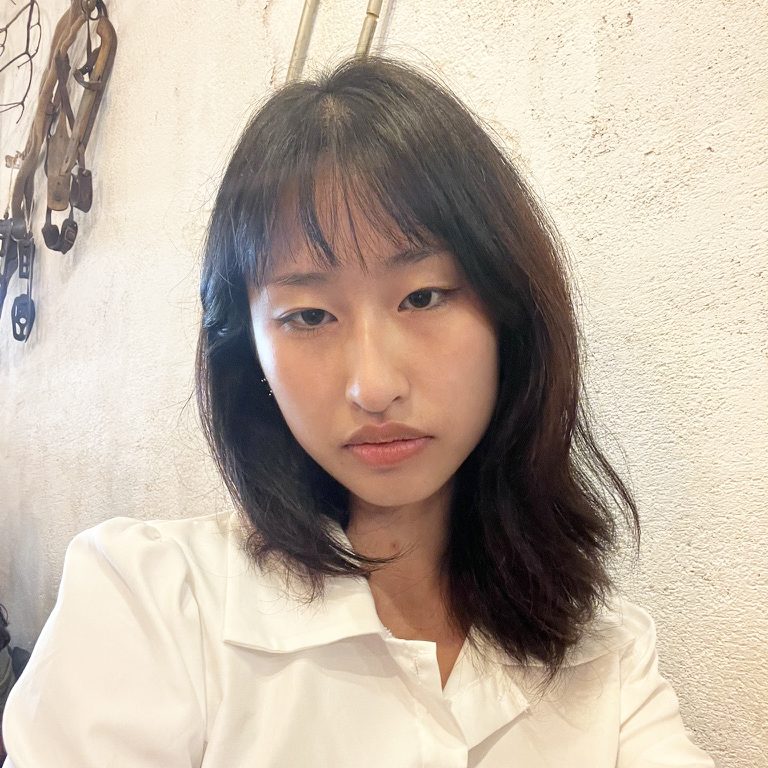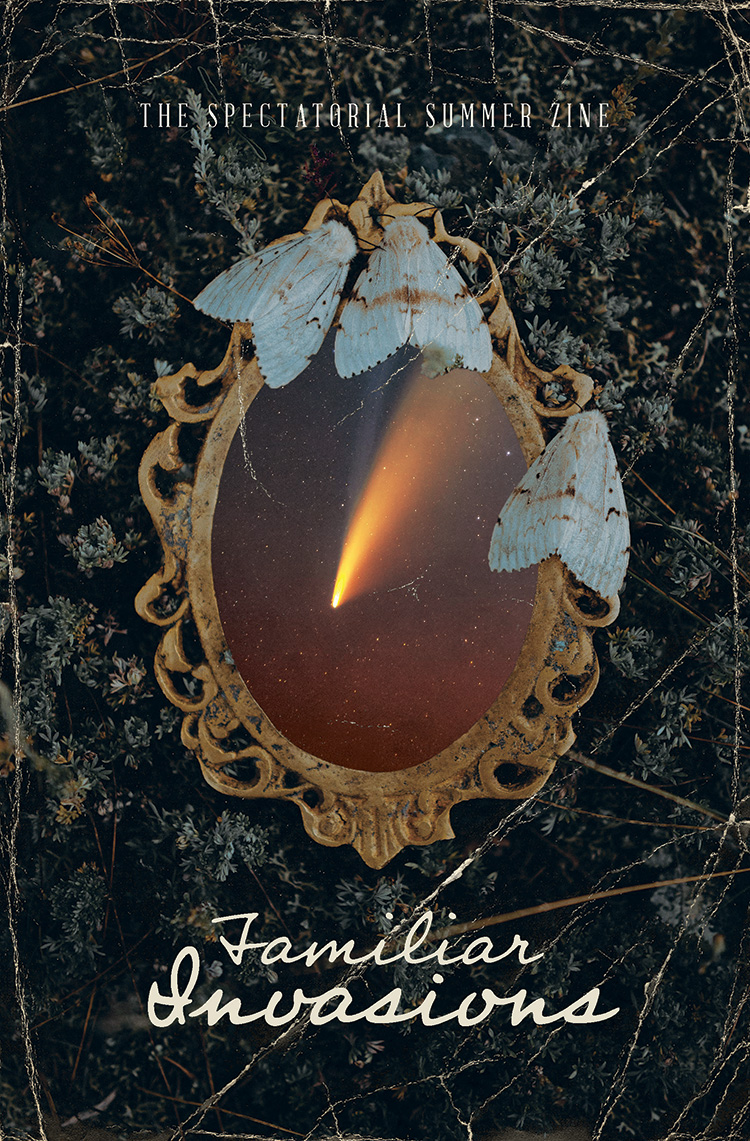
Welcome to Writing & Rhetoric!
The Writing & Rhetoric Program at Innis College, University of Toronto covers an array of genres and subjects, including academic, professional, and creative writing, journalism, editing, and rhetoric.
You will learn to write well in a variety of modes and for diverse audiences, and your U of T transcript will offer evidence that you have studied communication at the postsecondary level.
Why Writing & Rhetoric (W&R) is the program you need now
Read critically and analytically – Write clearly and persuasively
More than ever, in today’s digital world, writing and rhetoric go hand in hand. Given how much we interact with media, being able to distinguish between credible and suspect sources of information is crucial. The arguments, stories, and information that draw our attention require careful analysis and critical assessment. At the same time, our ability to write clearly, concisely, and persuasively is increasingly important for both our work and personal lives.
Choose the W&R minor program or individual courses
Complement your specialist or major program with the W&R minor program, or select from individual courses that explore writing and rhetoric from historical, theoretical, and practical perspectives. You will be able to examine writing and rhetoric in terms of the field’s core ideas, history, relationship to other disciplines, applications, and uses across media platforms. You will also learn how to write well and in a variety of genres (academic, fiction, literary non-fiction, and reports), and for a variety of audiences (scholarly, popular, scientific, general, and business).
Small classes, dynamic learning opportunities
The W&R Program is taught through small-class instruction by award-winning faculty and instructors who take a mentorship approach to teaching. In our classes you’ll have opportunities to contribute both orally and in writing in order to find and fine-tune your voice as you connect with a community of like-minded students from diverse disciplines.
What is rhetoric?
The word “rhetoric” means public speaking. About 2,500 years ago, a group of Athenian and Sicilian public intellectuals known as the sophists (or “wise ones”) invented rhetoric as the art of persuasive oratory. These public intellectuals regularly engaged in debates and delivered public speeches on a wide variety of topics. But, over time, rhetoric came to be associated with different genres of writing and online discourse. Nowadays, rhetoric is shorthand for the informed study of all forms of communication.
Meet our students

James Francis
Third-year student
The Writing & Rhetoric program has provided me with invaluable practical skills, particularly in critical analysis, academic prose, and actively contributing to scholarly conversations. These skills have notably improved my academic performance across my Philosophy and Bioethics majors—which are almost entirely assessed through essays. I recognized early on that the Writing & Rhetoric minor would create excellent synergy with my majors.
Among my favourite courses so far, WRR407H1: Independent Studies in Writing and Rhetoric allowed me an exceptional degree of freedom to explore my research interests in New Rhetoric theory, building on knowledge acquired from prior rhetoric classes, and to collaborate closely with Professor Daniel Adleman in a directed research project. This provided me with a formative glimpse into advanced academic research and got me excited about the processes involved in producing original scholarship. Additionally, Advanced Academic Writing (WRR317H1) with Professor Cynthia Messenger significantly enhanced my confidence in humanities essay writing through structured, in-class exercises. This class gave me much needed practical experience I would otherwise have had to piece together through writing centers or self-directed work
James is a majoring in philosophy and in bioethics and minoring in writing and rhetoric.

Yujin Oh
Fourth-year student
The Writing & Rhetoric minor has been an excellent companion to my major since day one. WRR103 with the wonderful Dr. Visvis equipped me with a thorough understanding of university-level academic writing, from convention to personal voice, which still informs my essay writing to this day. In all Writing & Rhetoric classes, the professors’ passion is palpable; you’ll instantly know you’re in good hands.
Being a small program, Writing & Rhetoric courses feel more intimate, as you get to know your instructor and peers through your shared love of writing. I particularly felt this connection in Professor Vogan’s classes, WRR310 and WRR316, where each student shared an affection for fiction and non-fiction editing. Professor Vogan’s dedication to teaching the industry’s values, and her prioritization of creative freedom alongside prescriptive editing standards, made her courses all the more engaging.
Yujin is a psychology major and is completing minors in linguistics and in writing and rhetoric.
Meet our instructors

Cynthia Messenger
In my courses, the readings and my lectures reflect my interest in fine art, the decorative arts, rhetoric, style, and belles lettres. Most of my courses feature at least one research-based assignment.

Daniel Adleman
Most of the courses that I teach are focused on rhetorical theory and its applications to everyday life. But I also like to teach WRR103 (Writing Essays) because of its focus on the practice of writing in different practical and creative contexts.
Happening@W&R
The Spectatorial

The Spectatorial, U of T’s one and only student-run genre journal, proudly operates out of the Writing & Rhetoric Program at Innis College.